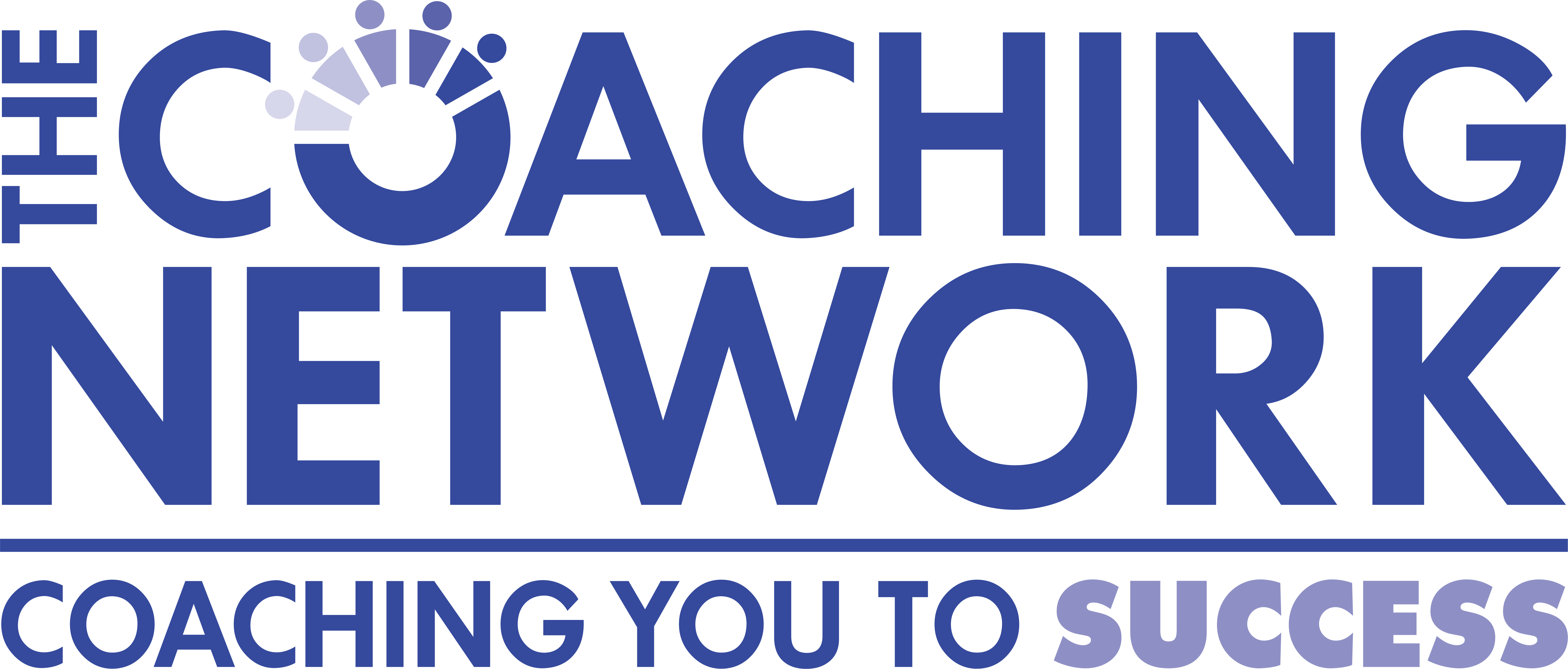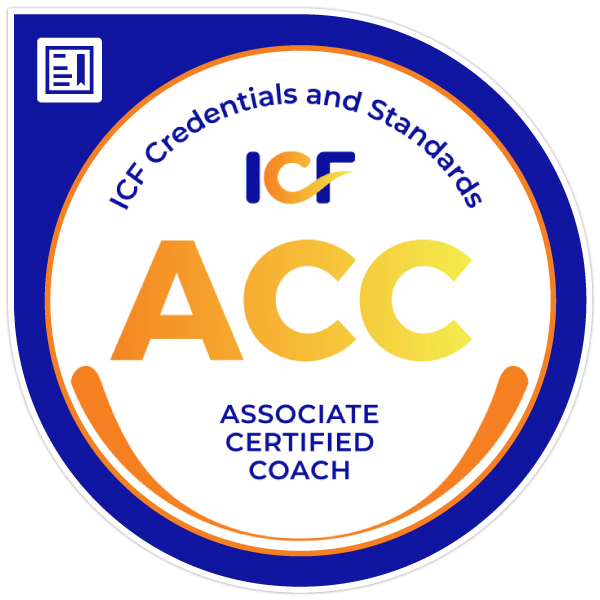In this week’s Business Book Challenge, we’re diving into a management classic that flips traditional workplace rules on their head: First, Break All the Rules. This book, based on Gallup’s groundbreaking research, explores how the best managers unlock the potential of their teams, and spoiler alert, it’s not by playing by conventional rules.
Let’s break it down.
Why This Book Stands Out
Most management advice focuses on fixing weaknesses, creating uniform processes, or training for specific skills. Buckingham and Coffman argue that great managers succeed by doing the opposite: they lean into individuality, focus on strengths, and prioritize talent over experience.
If you’ve ever felt boxed in by traditional management “rules,” this book is your permission slip to toss them out and redefine leadership on your terms.
Key Takeaways
1. Hire for Talent, Not Just Experience
The authors argue that skills can be taught, but talent (the instinctive behaviors and natural abilities people bring to the table) cannot. For example, think about the salesperson who effortlessly connects with clients. That’s talent in action, and no amount of training can replicate it.
When hiring, look beyond resumes. Ask questions that uncover natural inclinations, like:
- “Can you share a time you solved a problem in an unconventional way?”
- “What’s one thing you’re naturally drawn to at work?”
2. Strengths Over Weaknesses
Rather than spending time trying to “fix” employees’ weaknesses, great managers focus on amplifying their strengths. Imagine a graphic designer who thrives on creative brainstorming but struggles with admin work. Why force them into spreadsheets when you can let them shine in strategy meetings?
Have a one-on-one conversation with your team about their favorite and least favorite tasks. Then, adjust roles to align better with strengths.
3. Define the Outcome, Not the Process
Exceptional managers trust their teams to find their own way to success. They set clear expectations for results and give their team members the freedom to choose how they achieve them. Instead of saying, “Make 30 cold calls today,” a manager could say, “Bring in three new leads this week.” This allows for flexibility while still achieving the goal. Revisit your team’s goals and ask yourself: Are you micromanaging the how, or are you empowering them to own the what?
The Gallup Q12 Connection
The book also introduces the Gallup Q12, a set of questions designed to measure employee engagement. These questions focus on whether employees feel supported, valued, and engaged in their roles.
Here’s one to try out with your team:
“Do you feel you have the opportunity to do what you do best every day?”
If the answer is no, it’s time to dig deeper and make changes.
Real-World Connection
During a recent coaching session, I worked with a client managing a small marketing agency. They were stuck in the cycle of micromanaging every detail, which was burning them out and stifling their team’s creativity. After applying some of the principles of this book, they were able to shift focus and work with their strengths to define clear outcomes. The result? Their team felt empowered, and projects started flowing more smoothly than ever!
Your Turn
Take a page from this book and ask yourself:
- Are you managing to the strengths of your team members?
- Are you hiring based on raw talent, or are you overly focused on experience?
- Are you defining outcomes or dictating processes?
Discussion Time
How do you currently approach managing your team? Are you empowering them to succeed in their own way, or do you find yourself falling back on old rules?
Share your thoughts, and let’s learn from each other!
📚 Up Next in the Challenge: We’re diving into Key Person of Influence by Daniel Priestley. Stay tuned!
Want to discuss these books and strategies for your business? Book a consultation.


